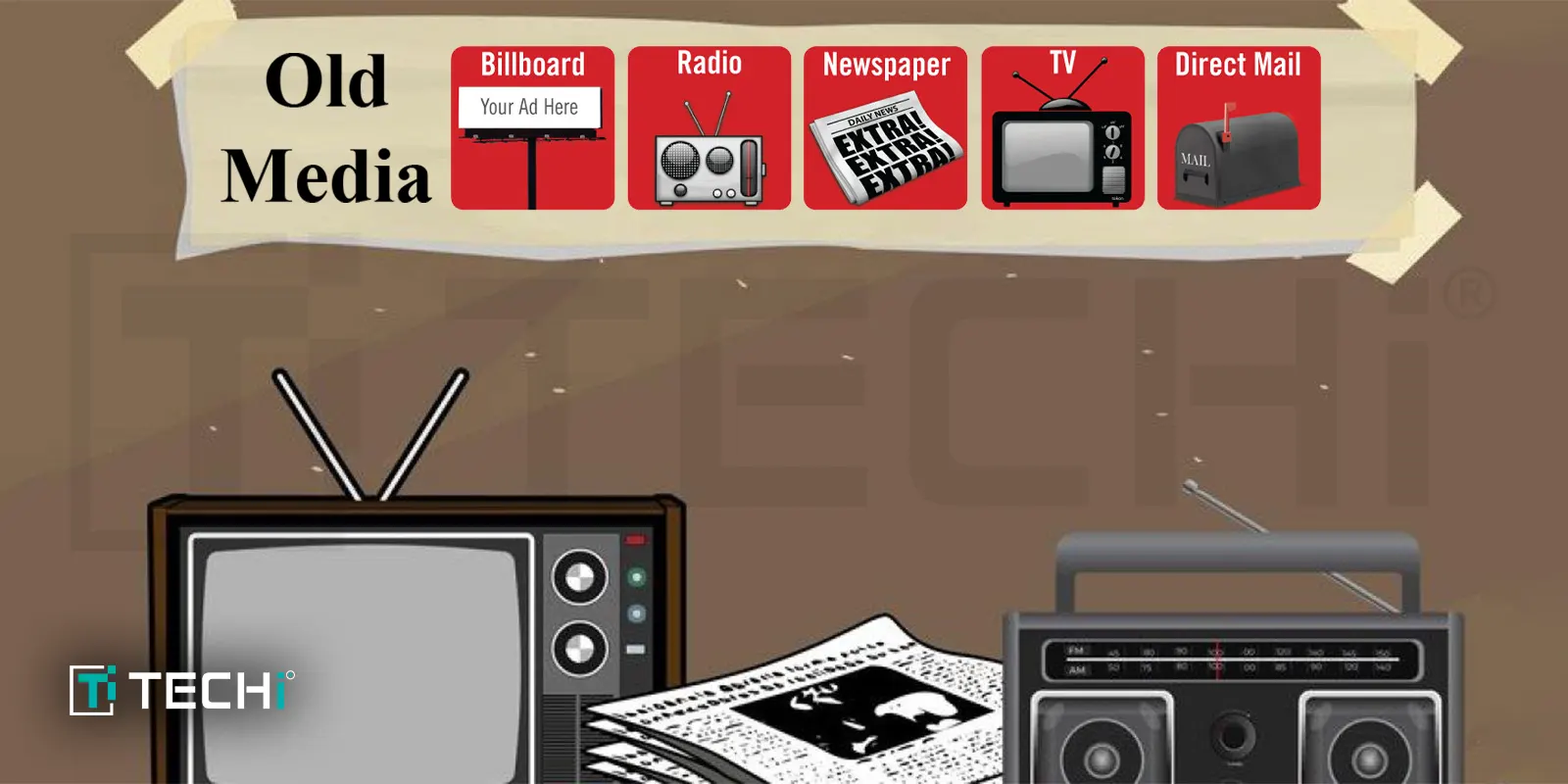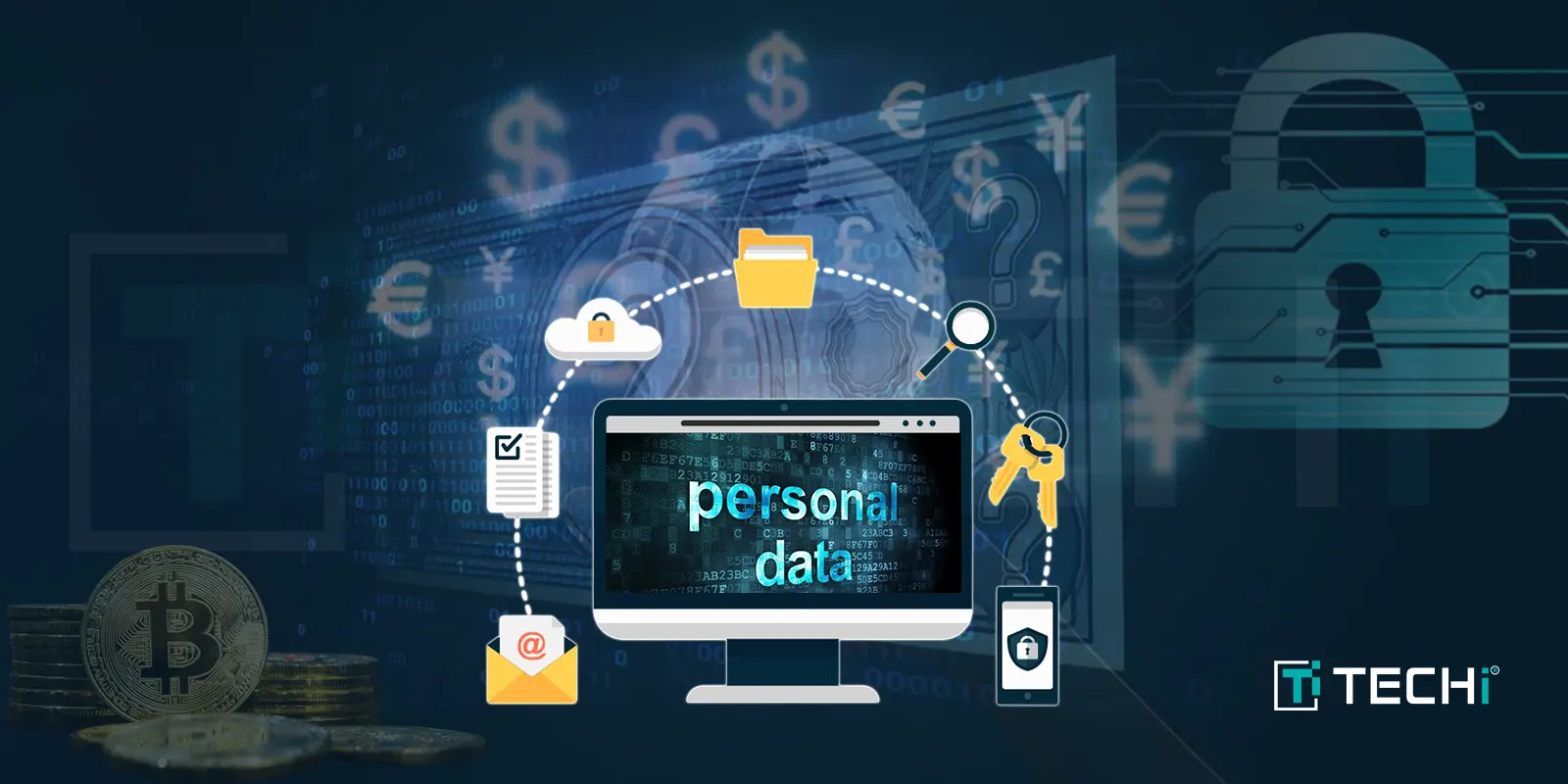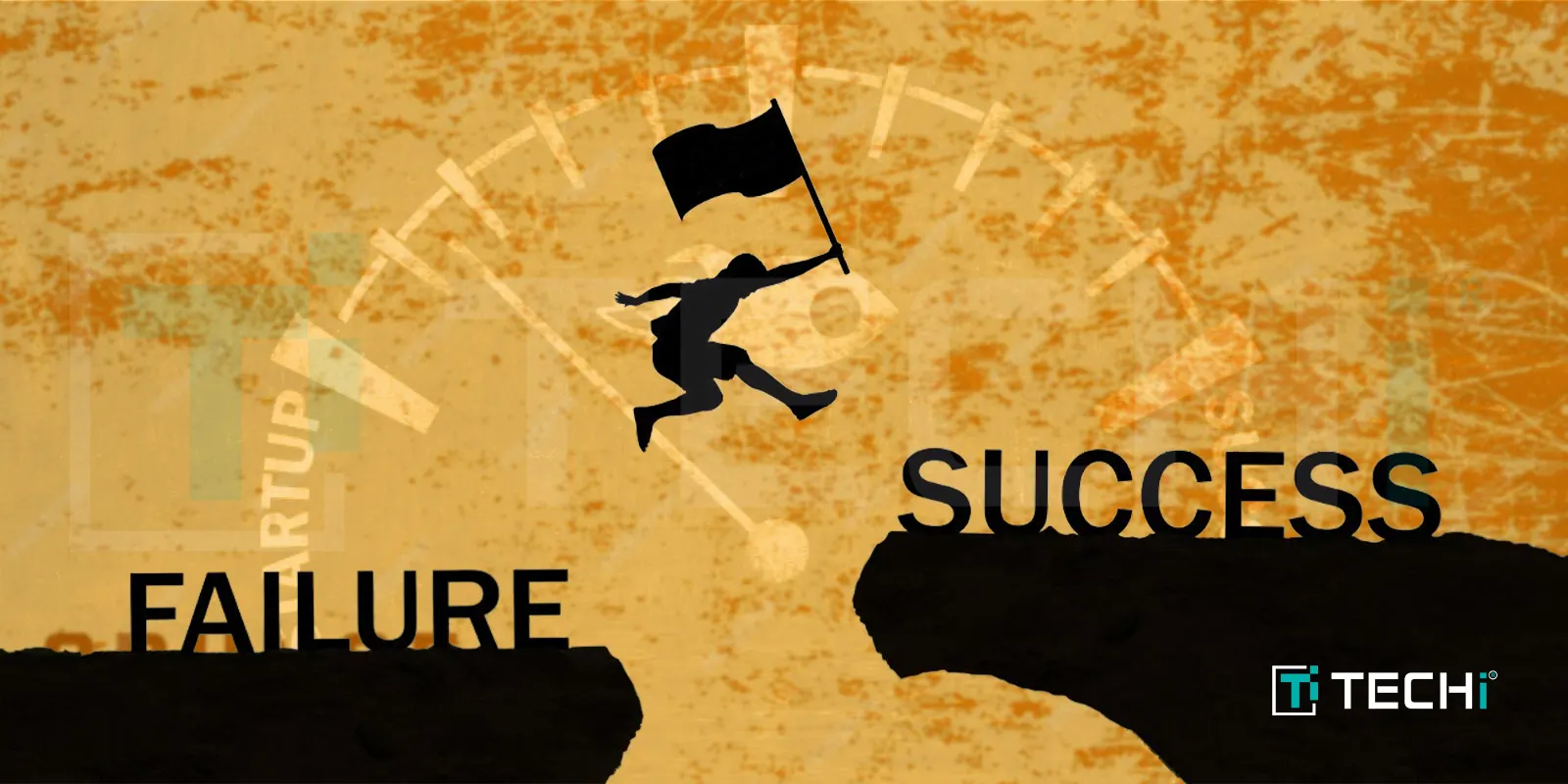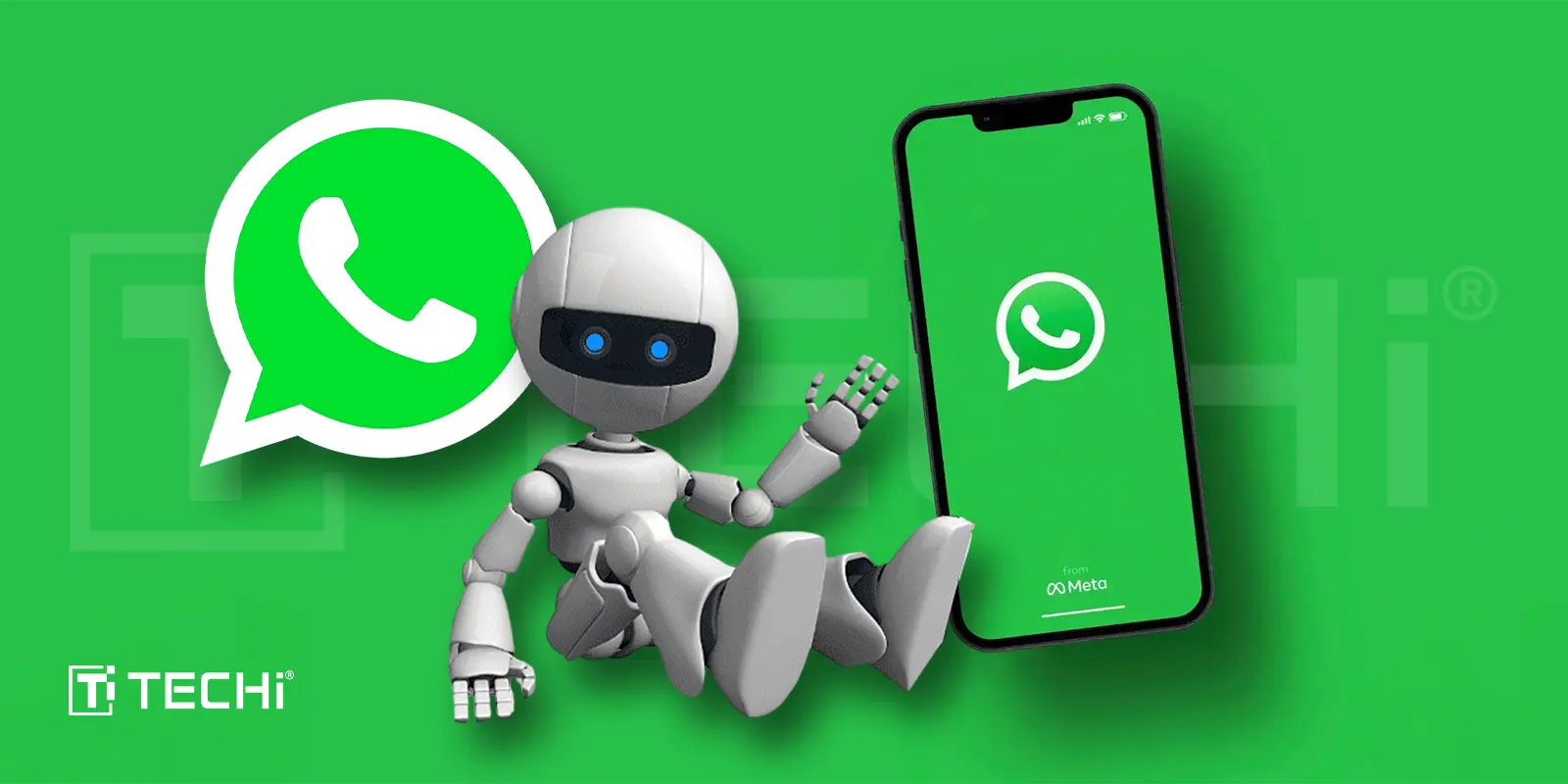Sorry RIAA, MPAA: The Pirate’s Boat Will Stay Afloat

The entertainment industry has embarked in an all-out war against piracy around the globe, with the hopes of scaring would-be pirates from illegally obtaining digital media. But if the likes of the MPAA and RIAA plans on sinking the ship that millions sail throughout the Internet, they should think again.
The primary target for the entertainment industry, as it would seem, has been The Pirate Bay. It is far more than a website that enables users to acquire digital content of both legal and illegal variety. It is a symbol. It is a powerful message that the entertainment industry hates but many people, even those who don’t commit acts of piracy, agree is true: the system is broken.
The Problems
Digital piracy, which the industry’s greed and complacency has created, has run rampant throughout the world. Nearly every new song, game, movie, and software title makes its way to peer-to-peer services where hundreds, thousands, or millions share files. They do it because they can, because they must, or, well… just because. This problem is compounded by several other issues that include availability, distribution, pricing, and ownership of the content at hand. It’s a big mess.
A defining issue that plagues the industry and, more importantly, consumers is draconian Digital Rights Management (DRM) techniques that everyone’s hearing about lately. This is why you can’t read that e-book you purchased on a competing device, listen to that MP3 anywhere you want to, watch that movie on your computer, or play that game without an always-on Internet connection. It’s these very techniques that drive paying customers to piracy (even yours truly has fallen victim to DRM gone horribly wrong).
Most of this could have been avoided. If the industry was willing to adapt and find a way to embrace digital distribution, perhaps through freemium models like Google has done so well with, piracy, while it would always exist, might not be as bad as it currently is.

Unfortunately, the industry simply finds ways to punish consumers more.
(In an interesting side note, The Hurt Locker might generate more money by suing people who have pirated the movie, instead of finding ways to monetize the film itself. How unreal is that?)
Technology Enables Piracy
But there are reasons why piracy isn’t going away, even if governments are going to crack down on BitTorrent users. It’s called technology and innovation, and the pirates tend to be on top of this.
Speaking of BitTorrent: that is all we hear about these days. The Pirate Bay, ISOHunt, and Demonid are top of the list, yet there are quite a few other ways to transfer files. IRC chat rooms and traditional protocols like eDonkey and Gnutella are still used for file sharing. Websites, blogs, and forums that post direct links to copyrighted material from file-hosting sites like RapidShare are growing in popularity. File Transfer Protocol (FTP) sites and newsgroups have always been popular methods for transferring copyrighted material. And nothing will stop someone from burning a few CDs and distributing them to friends.
Yet even if users are still inclined to stick with BitTorrent, there are services that are on the rise that can (and possibly will) give the entertainment industry more to worry about.
With the use of a virtual private network (VPN), a user can connect to a computer that is available in any location around the world and route all of their traffic, with encryption, through that computer, rendering the original user’s IP address invisible to the Web. Well, it is only truly invisible if that VPN doesn’t keep traffic logs, which is an inherent problem with VPNs, as there is still a middle man. However, assuming that a VPN does have an operator that destroys traffic logs, there is a curve-ball for anonymity on the Web, and is something we will likely hear more about in the future.
But let’s assume that a government could severely reduce piracy on these types of networks and communication technologies — some genius out there will eventually create a network, protocol, or technology that will allow users to share copyrighted content while making it extremely difficult for a third party to identify what is being transferred. Right now it is fairly easy for someone to claim that you have transferred a file — they look at your IP address when you access a file. But who is to say that this will always hold true?
Society Accepts Piracy
Beyond the technological advances that will keep illegal file sharing going for the foreseeable future, the one thing that matters more than anything else is the fact that many people actually participate in piracy and have no issue with doing so. There are surely those that feel no moral implication for their actions, and that number is probably growing.
Now if society in general starts to believe it is okay to swap files, what can a government do? What can the MPAA and RIAA do? Sue everyone? Take away everyone’s Internet? I doubt it. Furthermore, forcing older business models on a civilization that doesn’t want them will not work. It makes the issue worse.
Then again, perhaps education in schools about the impacts of piracy could be useful. But that might work just as well as telling people it illegal to drink under the age of 21 or that you shouldn’t smoke cigarettes. It also didn’t help that, at least in my school, we regularly watched bootlegged copies of movies in the middle of class, with the teachers as well. No one cared.
So if you can’t beat ’em, join ’em — the entertainment industry should find ways to take advantage of piracy or create opportunities to draw in pirates. There are many ways to monetize content, and now is the time to experiment. But none of the big boys in the industry have been willing to try. Eventually, though, someone is going to have to give.










Hahaha long live The Pirate Bay!
The problem, as you point out is, the distribution model.
Downloading a film is as easy as clicking a link and waiting 20 min, no problem where you are and no bloody annoying adverts. You can the take with you your entire film collection on your computer or hard disk anywhere, without the size and weight of a DVD collection.
In comparisson buying a DVD or going to the cinema is longer and more expensive than this, this is where they are failing.
Introduce a non-HD direct download service (DRM free), with subscription options for heavy users (or pay as you go) supported in part by ads. Like the microsoft xbox service. Make it cheaper than DVDs, with no distribution and packaging costs this should be easy. Watch as your sales grow.
You can then reserve the HD and 3D versions for cinema and blu ray.
As long as the download is quick and reliable I see no reason why this shouldn’t bring in new customers. There will always be a proportion of people that will risk it for free copies; but the majority may be atttacted by the legal and speedy methods*.
*User experience may vary!
hum…
They have fully admitted that they were ill prepared to handle the concept of moving their business online. Unfortunately, that was four years ago, with little changing since then. The problem is the same as the newspaper industry – the people with enough power and influence to bring about real change would be the first on the chopping block before any new model could truly gain traction. The nice thing about the RIAA’s approach is that it has allowed an entire generation of musicians to take root without the idea that they must have a record contract with a massive organization to be considered successful.
Nice one James, thanks.
Good read.
Piracy has been around for decades. When I started buying music 30 years ago bootleg tapes were very common. The industry was fighting piracy back then and in the previous 30 years they have made no progress, IMO; if anything their problem is a hundred times bigger now.
Why is it taking them so long to cop on? Surely they can’t be stupid enough to think they will ever beat piracy? It’s high time they learned to work with the problem rather than fighting against it. They could actually make some of the money they claim to be losing if they thought of more inventive ways of monetizing the content.